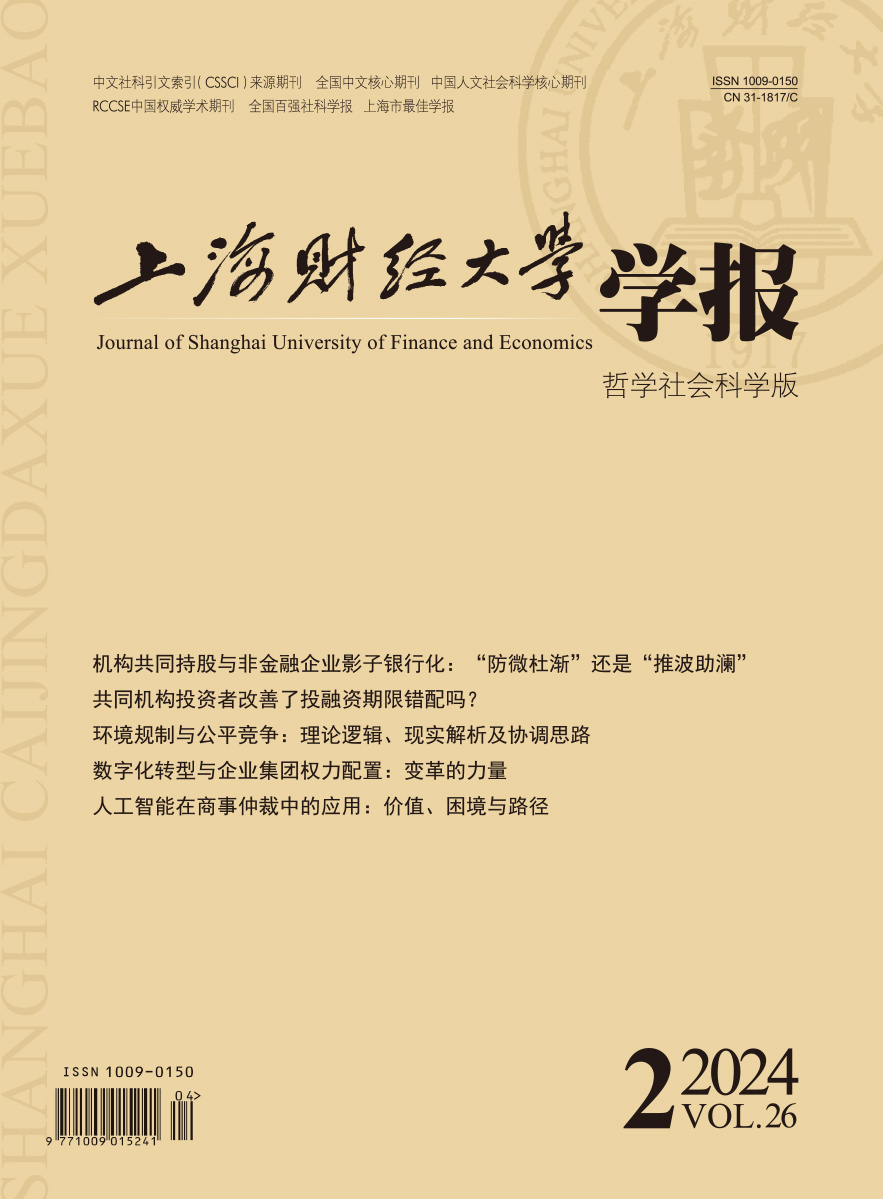The program of artificial intelligence (AI) and the procedure of commercial arbitration have algorithmic interoperability, and many arbitration procedures themselves can be completed or mainly carried out in a digital way. Through the proper embedding of the filing review, program operation, and award prediction of commercial arbitration, AI helps to improve the efficiency, objectivity, and fairness of the decision-making of arbitration institutions and arbitrators. However, the application of AI in commercial arbitration also means the invasion of science and technology into arbitration, which will cause various tensions and unfitness in lots of cases. Commercial arbitration takes confidentiality as the principle, which limits the release of big data in commercial arbitration. The lag of big data construction will cause the poor function of AI in commercial arbitration. Algorithm bias and algorithm black box eliminate or weaken the fairness, openness, and equality of arbitration procedures, and the procedural rights of the parties will be damaged. AI lacks human touch, emotion, and creative ability, which will reduce the accuracy of case analysis. The participation of AI in arbitration procedures changes the decision-making mode centered around arbitrators, and the mechanization of arbitration procedures. In addition, the technological dependence of AI will lead to the erosion of the subjectivity of arbitrators and parties. These problems make it impossible to transform the technical functions of AI into the institutional efficiency of commercial arbitration. Therefore, it is necessary to plan a reasonable development path of AI in commercial arbitration to avoid its negative externality and release its positive function as a tool. First of all, we should build an arbitration big data platform to collect, store, and share arbitration big data, laying a solid big data foundation for the application and development of AI. Secondly, the due process rights of the parties ought to be protected by granting them the right not to be subject to automated decision-making. So are the right of algorithm interpretation and other rights. Thirdly, we should firmly insist on the aiding role of AI and form a man-machine cooperation mode dominated by arbitrators and assisted by AI in commercial arbitration procedures. Finally, we should avoid and control the risks and challenges brought by AI technology through algorithmic regulations, and guide the development of AI to the right direction.
 / Journals / Journal of Shanghai University of Finance and Economics
/ Journals / Journal of Shanghai University of Finance and EconomicsJournal of Shanghai University of Finance and Economics
LiuYuanchun, Editor-in-Chief
ZhengChunrong, Vice Executive Editor-in-Chief
GuoChanglin YanJinqiang WangWenbin WuWenfang, Vice Editor-in-Chief
The Application of Artificial Intelligence in Arbitration: Value, Dilemma, and Solution Paths
Journal of Shanghai University of Finance and Economics Vol. 26, Issue 02, pp. 122 - 136 (2024) DOI:10.16538/j.cnki.jsufe.2024.02.009
Summary
References
Summary
Cite this article
Zhang Shengcui, Tian Yang. The Application of Artificial Intelligence in Arbitration: Value, Dilemma, and Solution Paths[J]. Journal of Shanghai University of Finance and Economics, 2024, 26(2): 122-136.
Export Citations as:
For
ISSUE COVER
RELATED ARTICLES




 6719
6719  8889
8889

